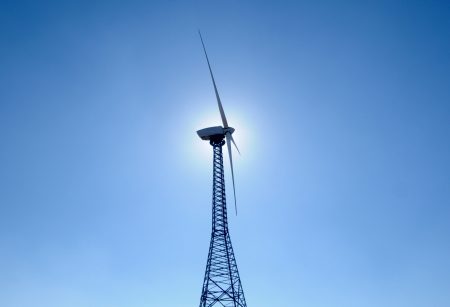The CarbonCycle001 Rieden Biochar Project is located in southeastern Germany and transforms low-value wood residues into high-quality biochar, creating a stable and measurable method of removing carbon from the atmosphere. Utilizing locally sourced wood chips from PEFC-certified forests, the facility uses pyrolysis to convert the biomass into durable carbon stored in biochar, which is then applied in agricultural systems.
Each tonne of biochar produced by the project sequesters 2.86 tonnes of CO₂ equivalent, with a permanence of over 1,000 years. The resulting biochar is used in multiple cascading applications—beginning with animal feed and litter, then transitioning into soil where it enhances fertility and water retention. The project is certified under the Puro Standard and has been independently audited to ensure compliance and transparency in carbon accounting.
Puro.earth #100018
Registered
Rieden, Germany

Biochar-based Carbon Removal
Based on 2.86 tCO₂e sequestered per tonne of biochar

Ongoing since 2020
Improved soil fertility, reduced methane emissions, and sustainable rural economic development
The project has a strong commitment to environmental and sustainable development that benefit local communities through the following contributions:
Environment
The use of pyrolysis prevents emissions that would otherwise result from open burning or natural decomposition of biomass. By stabilizing the carbon, the project achieves permanent sequestration while improving soil health, water retention, and nutrient cycling. The application of biochar in agriculture reduces reliance on synthetic fertilizers and lowers methane emissions when used in animal husbandry.
Community
The project supports local farmers by offering a value-added soil amendment that boosts yields and resilience. The use of biochar also helps protect groundwater from nitrate leaching. The project is situated in a rural agricultural area and enhances local sustainability through responsible biomass utilization.
Employment
Carbon Cycle is a family-owned enterprise that has expanded its capacity through investment in human capital and operational expertise. The carbon finance generated by CORC sales enables ongoing employment, supports rural economies, and provides a stable platform for scaling future production.
Economic Acceleration
Revenues from carbon removal certificates are essential for the business model. They reduce the market risk associated with biochar sales, allowing the company to subsidize product pricing and attract new customers. This financial model accelerates growth and multiplies the project’s climate impact through reinvestment in infrastructure and outreach.
The project follows the Puro Standard and has been verified by third-party auditor Bio.inspecta. All carbon removals are certified ex-post, ensuring real, measurable, and permanent climate benefits.

Verification: This project is verified by the Verified Carbon Standard.


GOAL 13 – Climate Action

One Tribe enables businesses to be more sustainable by funding rainforest protection projects that store carbon from being released into the atmosphere. By enabling customers to protect rainforest when they shop online we also empowers consumers to drive positive change
One Tribe is a Climate Action Platform enabling businesses and their customers to make a positive environmental impact.



Eric currently works as an independent consultant at the intersection of nature and climate, focused on catalysing market and non-market solutions to drive the just transition.
He previously was Head of Product at Earthshot Labs, supporting nature conservation and restoration projects across the global south secure project finance. Prior to Earthshot Labs, Eric led nature-based carbon project development for Gorongosa National Park in Mozambique and founded the Carbon Cooperative, a global alliance of leading nature conservation and restoration practitioners exploring carbon finance. After serving in the Peace Corps in Mozambique out of university, he spent much of his 20s working in community-based conservation and ecosystem restoration efforts in Sub-Saharan Africa interspersed with two startup ventures as co-founder and CEO of a mental health tech startup and COO of a sustainable coffee company. Eric has a dual Masters in Environmental Engineering and Environmental Policy from Stanford University where he was a NSF Graduate Research Fellow and a BS in Environmental Engineering from Tufts University.
Alan is a risk management thought-leader, superconnector, and FinTech pioneer. His mission is to enable an Earth Positive economy which includes nature in global accounting systems.
Alan is Founder of Generation Blue, a venture studio dedicated to planetary game changers powered by exponential technologies. Previously, Alan established Natural Capital Markets at Lykke AG, pioneering blockchain based forestry and carbon backed tokens. Alan has over two decades of risk management experience advising global financial institutions, and was a founding member of the RiskMetrics Group, a JPMorgan spin-off. Alan is an investor and advisor to regenerative impact ventures, including TreeBuddy.Earth, Regenativ, and Vlinder Climate.
Lori Whitecalf made history when she became the first woman to be elected Chief of Sweetgrass First Nation in 2011. She served three terms of office from 2011-2017.
Lori took a two-year hiatus from leadership to expand the family ranch and serve as the FSIN Senior Industry Liaison. She was re-elected on November 29. 2019 and again on November 30, 2021, as Chief of Sweetgrass. Chief Whitecalf practises a traditional lifestyle of hunting, fishing and gathering. She currently sits on the following boards: Saskatchewan Indian Institute of Technology, FSIN Lands and Resource Commission, Battle River Treaty 6 Health Centre and Battleford Agency Tribal Chiefs Executive Council, FSIN Women’s Commission.
Tina is the Chief Business Officer for MLTC Industrial Investments, the Economic Development arm of the Meadow Lake Tribal Council. She has a diverse background of experience. Having spent 15 years as a municipal Chief Operating Officer, 20 years involved in Saskatchewan’s Health Authority Board Keewatin Yatthe and 9 years with Northern Lights Board of Education.
She continues as a Board Member with Beaver River Community Futures supporting small business development in her home region. Tina brings a wealth of experience in a variety of fields and many connections to the Indigenous communities of Northern Saskatchewan. In addition Tina holds a BA Advanced from the U of S, a Certificate in Local Government Authority from the U of R and is certified as a Professional Economic Developer for Saskatchewan and a certified Technician Aboriginal Economic Developer (TAED).
Tootoosis’ career spans 40+ years in HRM, political leadership, and Indigenous economic development, as a dedicated bridge builder and advocate for Indigenous causes.
As a key member of the Saskatoon Regional Economic Development Authority (SREDA) team since 2021, he develops strategies for the Truth and Reconciliation Commission final report and Call to Action #92.
He is a graduate of the First Nations University of Canada and a certified Professional Aboriginal Economic Developer. Spearheading various community initiatives while serving as a Chair of the SIEDN while directing ILDII and WIBF. Founder of MGT Consulting Tootoosis is based in Saskatoon, Treaty Six Territory.
Cy Standing (Wakanya Najin in Dakota) has a long and distinguished career including serving overseas as an Electronics Technician in the Royal Canadian Air Force, former Chief of Wahpeton Dakota Nation, former Vice Chief of the Federation of Saskatchewan Indigenous Nations (FSIN), past Executive Director of Community Development Branch of the Department of Northern Saskatchewan as well as an Order in Council appointment to the Federal Parole Board.
Mr. Standing has served as a Director on many Profit and Non-Profit Corporate Boards, including serving as a Director for Affinity Credit Union with assets of over six billion dollars as well as IMI Brokerage and Wanuskewin and is currently a member of the One Tribe Indigenous Carbon Board.